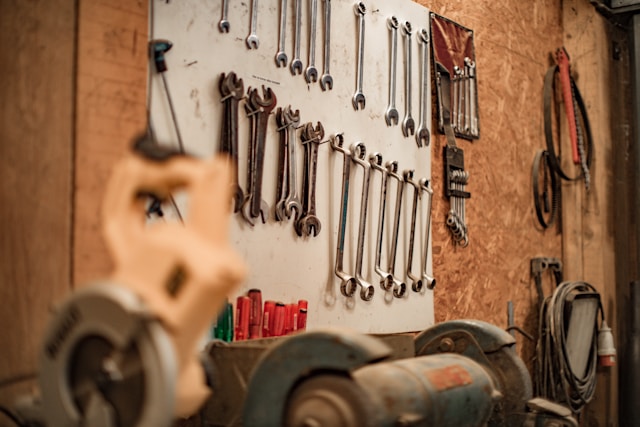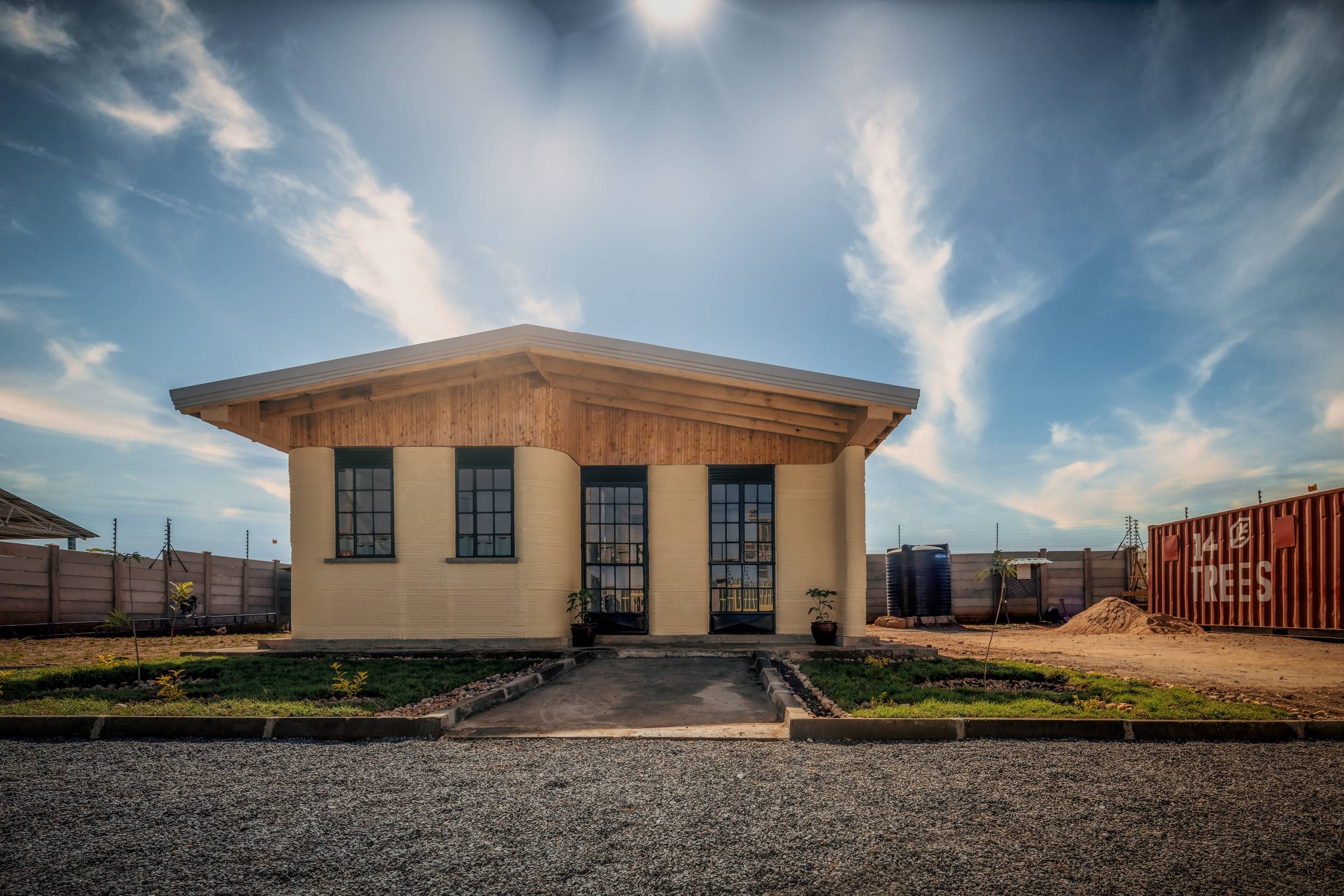An insulated garden workshop can be an invaluable addition to any home. These durable outdoor buildings provide year-round protection from the elements and create the ultimate functional space to pursue your hobbies or store equipment. Feel free to contact us for construction quotes.
The Benefits of Insulated Garden Workshops
Insulating a garden workshop delivers a wealth of advantages over standard wooden sheds. Let’s look at why the extra investment is worthwhile:
Improved Thermal Regulation
Insulation blocks external temperatures from transferring inside. Your workshop will stay warmer in winter and cooler during summer for year-round usability. This thermal regulation protects against frost, moisture, and overheating.
Reduced Energy Consumption
By preventing heat loss, insulation significantly cuts down on energy demands for heating and cooling devices. Well-insulated spaces need less power to maintain habitable temperatures.
Year-Round Usability
You’ll gain a comfortable workshop environment in every season. Avoid it becoming too cold in winter or stiflingly hot in summer. This consistency helps maximize usage across the year.
Protection of Tools and Equipment
Consistent cool conditions prevent corrosion, warping, weathering, and degradation of workshop contents, so your gear stays in better condition for longer.
Condensation Control
Insulation minimizes temperature fluctuations that produce internal condensation. Dampness encourages mold growth and rusting, which insulation helps prevent.
Enhanced Comfort
A stabilized atmosphere alongside the insulation’s soundproofing qualities creates pleasant, peaceful surroundings for you to enjoy while occupied.
Increased Value
Adding an insulated outbuilding with power and lighting boosts your home’s worth. It’s an appealing extra feature for prospective buyers.
Types of Insulated Garden Workshops
If you’ve decided an insulated workshop is right for your needs, the next step is selecting a design. Here are the most common insulated garden workshops:
Timber Workshops
Timber workshops feature double-layered wooden structural panel walls filled with insulation material like injected foam or mineral wool batting.
The thick composite buffer zones created deliver outstanding thermal efficiency. They prevent heat from transferring through the walls so inside conditions remain comfortable.
Timber-based designs also allow more customization potential, such as finishes, doors, windows, and incorporated features. Wood’s natural aesthetic remains popular for garden buildings.
Metal Workshops
Metal workshops make exceptionally durable choices. Powder-coated steel panel buildings with inbuilt insulation offer robustness and weather resistance. Though more expensive initially, they provide outstanding thermal efficiency from metal’s inherently low conduction and customized interior insulation levels.
Properly insulated, these structures maintain comfortable temperatures all year. Their security and fireproofing capabilities also appeal to many owners.
Composite Workshops
For contemporary aesthetics, insulated composite options like structural insulated panels (SIPs) integrate insulation directly into prefab wall sections. Composites also include builds using insulated concrete forms (ICFs) plus eco-friendly straw bale structures.
Though pricier to install, composite workshops with integrated insulation deliver excellent thermal regulation, moisture resistance, and soundproofing with minimal air gaps or weak points. This matches metal builds for energy efficiency. Stylish composites work well in hobby studios or offices.
Key Considerations Before You Buy
Ready to purchase your own insulating garden retreat? First, weigh up these essential factors:
Size
Consider the space needed for your intended activities, storage requirements, and number of occupants. Scale is a crucial insulation workshop decision. A solo hobbyist storing some basic tools requires far less space than a team workshop for extensive equipment or hosting gatherings.
Account for your specific purposes, then allow some buffer area for future items or projects down the line. Workshops filling up fast is common. You can always partition spaces inside later on if needed.
Purpose
Clearly determine the outbuilding’s main functions before buying. Will it primarily serve as storage, hobby/craft space, office, gym, workshop, kids’ retreat, or flexible multi-use zone? This helps guide appropriate dimensions, layout, fittings, and features that you can factor into your planning and budget.
Check your local zoning codes as well—some strictly limit outbuilding utility to storage or non-business uses. Consistent documented use can prevent nasty citation surprises after installation.
Budget
Insulated buildings have higher initial price tags than basic sheds but, as we’ve covered, deliver a major functional upside from that investment. Set realistic finances according to your desired build quality, features, and customization level.
Building Regulations
Thoroughly review your local authority’s codes regarding aspects like maximum size, height limitations, acceptable cladding materials, electrical systems, concrete foundation requirements, and necessary council permits. Most workshops require approval forms or applications before construction.
Insulation Level
Higher insulation factor with greater thickness or density equals improved thermal efficiency and internal climate regulation—though at an increased cost. Seek the best balance available for your needs and project resources.
Consider whether the walls, roof, and floor have separate insulation values. Upgrading just the walls, for example, may give diminishing returns if the roof still leaks heat badly.
Ventilation
Good airflow prevents stuffiness alongside excess moisture buildup that insulation could otherwise trap inside cooler or warmer air layers near the ceiling and walls.
Account for ventilation method preferences, such as adjustable roof vents, exhaust fans, wall-mounted air circulators, or even positive-pressure HVAC systems delivering external exchange. Screened windows also assist. Right-sizing this capacity helps create pleasant workshop environments.
Tips for Optimizing Your Workshop Experience
To capitalize on your insulated garden workspace, incorporate these handy additions:
Flooring
Add polyurethane or epoxy coatings over concrete for durability, easy cleaning, and oil/chemical resistance in hobby applications. Waterproof vinyl planking also works for comfort and warmth.
Electrical Wiring
Safely install ample grounded outlets, task lighting, and a separate circuit breaker suited for the workshop’s power demands.
Ventilation
Strategically place adjustable/directional vents, exhaust fans, and screened windows for air circulation. Supplement with a dehumidifier to manage moisture.
Storage Solutions
Use the space efficiently by organizing tools, materials, protective gear, etc., using racks, shelves, cabinets, and drawers.
Lighting
Layer ambient and task lighting suited for the room’s functions. LEDs work well for brightness, energy efficiency, and durability.
Heating and Cooling (Optional)
Supplement insulation with a wall-mounted radiant heater in winter and an air conditioning unit or evaporative cooler in hot weather if the budget allows.
Conclusion:
Adding insulated garden workshops enhances backyards as flexible, comfortable spaces to indulge personal passions. Sound insulation and heating facilitate year-round usage free from weather fluctuations, and you gain security for valuables too.
Carefully weigh key considerations like intended functionality, dimensions, budget, and insulation needs ahead of installation. By factoring in design elements for optimized convenience, you’ll enjoy the perfect garden sanctuary tailored to your lifestyle.
Invest in an insulated workshop designed around your goals and practical needs, and gain a custom multifunctional outdoor zone for greater self-sufficiency – no matter the season.







